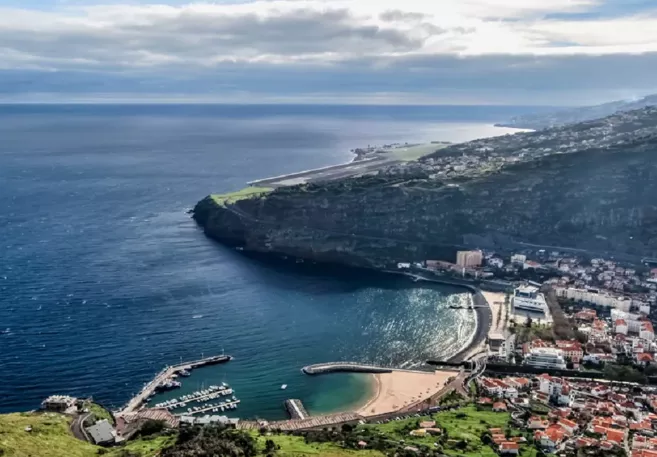In response to growing complaints, the Regional Government of Madeira is taking serious steps to stop illegal camping and overnight stays in public areas.
Regional Authorities Take Action Against Unregulated Camping
The Regional Secretariat for Tourism, Environment, and Culture has launched a coordinated effort to address illegal camping and overnight stays. This comes after receiving multiple complaints about tourists using public roads and spaces—especially in motorhomes—without proper regulation.
Concerns Over Environment and Safety
The government emphasized that these unregulated activities hurt Madeira’s image as a sustainable tourist destination. They also pose risks to public safety and harm sensitive environments, including forested and protected areas.
Letters Sent to Multiple Institutions
To handle this issue, the Secretariat has sent official letters to a broad range of institutions. These include the Municipal Councils, AMRAM (Association of Municipalities of the Autonomous Region of Madeira), ANAFRE (National Association of Parishes), the Public Security Police (PSP), the Regional Civil Protection Service, and the Chamber of Commerce and Industry of Madeira (ACIF).
Local Governments Asked to Regulate Public Space Usage
In the letters, the Regional Government urged local councils to regulate the use of public spaces by motorhomes and similar vehicles. This includes setting clear rules to prevent unauthorized overnight stays and ensuring organized tourism that aligns with Madeira’s sustainability goals.
Community Cooperation is Key
The government wants all public and private stakeholders to work together. This joint effort is seen as essential to protect Madeira’s natural beauty and promote fun camping experiences that follow legal guidelines. Those interested in legal outdoor stays can explore the camping guide for responsible options across the region.
Aiming for a Safer and Cleaner Island
Through this campaign, Madeira hopes to manage its tourism sector more efficiently. By stopping illegal camping, the government believes it can improve public safety, protect nature, and preserve the region’s reputation as a top travel destination.
Related topics:

